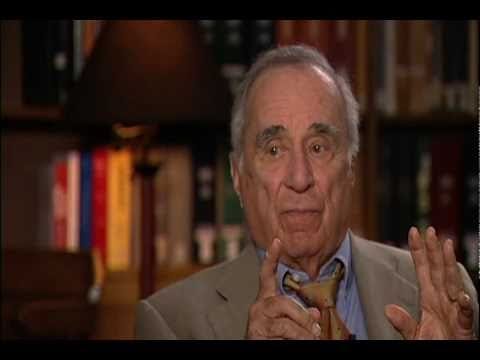These are always sorted by most novel so if the first one isn’t interesting you can just delete the email.

This is a really great video. I never knew this history. Highly recommended.
https://money.cnn.com/2007/05/24/technology/facebook.fortune/index.htm?postversion=2007052917
Imagine that when you shopped online for a digital camera, you could see whether anyone you knew already owned it and ask them what they thought.
I feel like Facebook hasn’t really done this yet.
Imagine that when you searched for a concert ticket you could learn if friends were headed to the same show.
But this is implemented in Facebook and it works fairly well.
Or that you knew which sites - or what news stories - people you trust found useful and which they disliked.
This kind of exists but generally Facebook friends don’t have very much information like that. There isn’t a good interface for accessing that information. Facebook is kind of like a locked box in some sense. Hard to query information—even your own info.
Or maybe you could find out where all your friends and relatives are, right now (at least those who want to be found). We want to make Facebook into something of an operating system so you can run full applications
Max Levchin, who co-founded PayPal, is CEO of Slide, which is putting its slide-show service on the new platform. "These guys are creating the opportunity to build Adobes and Electronic Arts and Intuits that live within Facebook," he says.
Facebook-as-a-platform has largely failed. Farmville might be the only true successful Facebook platform application. I think the biggest reason why all these things failed is because Facebook is largely a closed platform that makes money from your data.

Sometimes metaphors and jokes lead to good ideas.

https://web.archive.org/web/20070321040208/http://www.apml.org/
https://web.archive.org/web/20080503061052/http://www.attentiontrust.org/about#mission
https://nancyfriedman.typepad.com/away_with_words/2007/07/new-name-beat-1.html
https://en.wikipedia.org/wiki/Ian_Clarke_(computer_scientist)
Theses ideas are perhaps lost to the harsh winds of time:










